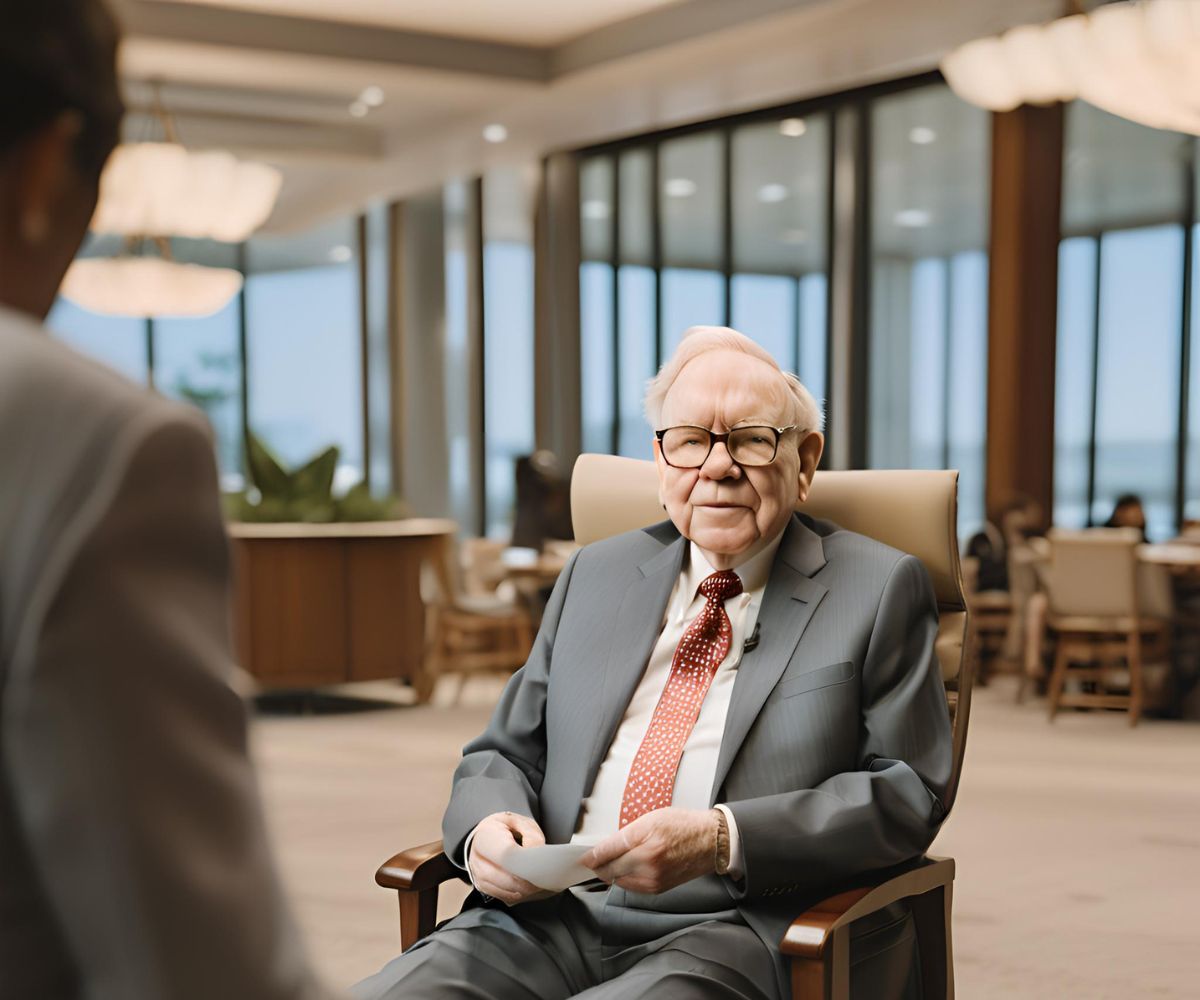Big news out of Omaha. Warren Buffett, the 94-year-old investing legend and long-running CEO of Berkshire Hathaway, just made it official. After more than five decades at the helm, Buffett’s stepping down as CEO at the end of the year, with Berkshire Vice Chairman Greg Abel set to take over. Four words from Buffett sealed the deal this past weekend at the company’s annual meeting: “The time has arrived.”
It’s not exactly a shock. Buffett’s been preparing for this for years, with Abel identified as the heir apparent back in 2021. And let’s face it, at 94, the writing was on the wall. If Buffett didn’t make the call, Father Time was going to do it for him. But still, it feels like the end of an era. Buffett has been synonymous with Berkshire since 1970, reshaping it into a financial powerhouse and setting an almost impossibly high bar for his successor.
Who Is Greg Abel?
Abel isn’t some rookie stepping up to the plate. He’s been Vice Chairman since 2018 and has earned Buffett and Charlie Munger’s stamp of approval as a “world-class” executive. Calm. Decisive. Rational. All the words Buffett himself has used to describe what a CEO of Berkshire Hathaway needs to be.
Abel will inherit a company that’s remained consistent in its game plan. Berkshire’s portfolio, anchored by its massive bet on Apple, is still defined by stable, predictable businesses held for the long haul. But that doesn’t mean the new boss has an easy ride ahead. Markets are volatile, and the insurance sector is undergoing a shift that demands nimble leadership. Can Abel keep Berkshire’s golden streak alive?
A Closer Look at Berkshire’s Insurance Giants
For Berkshire’s insurance operations, including heavyweights like Geico, Chubb, National Indemnity Company, and General Re, there’s a whole lot at stake. Insurance is a massive moneymaker for Berkshire, but it’s not immune to challenges.
Take Geico, for example. It’s made leaps in telematics technology in recent years, catching up to competitors and enhancing its ability to price policies based on driver behavior. Devices in cars tracking speed, braking, and even phone usage have helped insurers reward safe drivers and price riskier ones appropriately. That’s the kind of innovation Geico needed to stay competitive in a crowded marketplace.
But it wasn’t all smooth sailing. At Berkshire’s annual meetings in both 2023 and 2024, Vice Chairman Ajit Jain didn’t hold back about Geico lagging behind its peers. The good news? By 2025, he says they’ll be closing the gap in analytics and pricing, all while maintaining lower operating costs than almost anyone else. Geico’s also trimmed down its workforce by over 2,300 jobs, cutting excess weight and becoming a leaner, meaner competitor. Still, Jain admits it’s too early to declare victory. Progress? Absolutely. Mission accomplished? Not so fast.
What’s Next?
With Abel taking the reins and Buffett sticking around as board chair (for now), it’s a transitional period for Berkshire Hathaway. Abel’s got big shoes to fill. Like, clown-shoe-sized. Buffett’s vision, frugality, and “all-in” attitude built Berkshire’s empire, and Abel will have to prove he’s got what it takes to continue the company’s success while navigating new challenges, especially in the insurance world.
Will Geico maintain its momentum? Can Berkshire avoid the pitfalls Buffett warned about, the so-called “ABCs” of business decay (arrogance, bureaucracy, complacency)? And, maybe most importantly, will Abel manage to do all this while preserving Berkshire’s unique culture, free of ego and office politics?
We’re about to find out. Whatever happens next, one thing’s clear. The Buffett era is ending, but Berkshire’s story is far from over.


